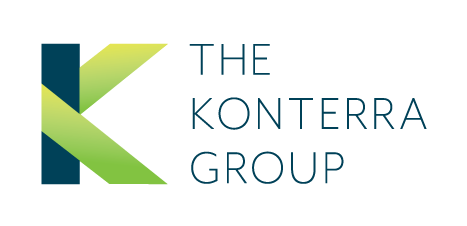Adaptive flexibility
We propose analytically and operationally flexible approaches that anticipate the need to adapt. We recognize that humanitarian and development evaluations are dynamic, dense, and even unpredictable; they require evaluation teams to re-direct efforts and change plans in the midst of implementation—we plan accordingly.


